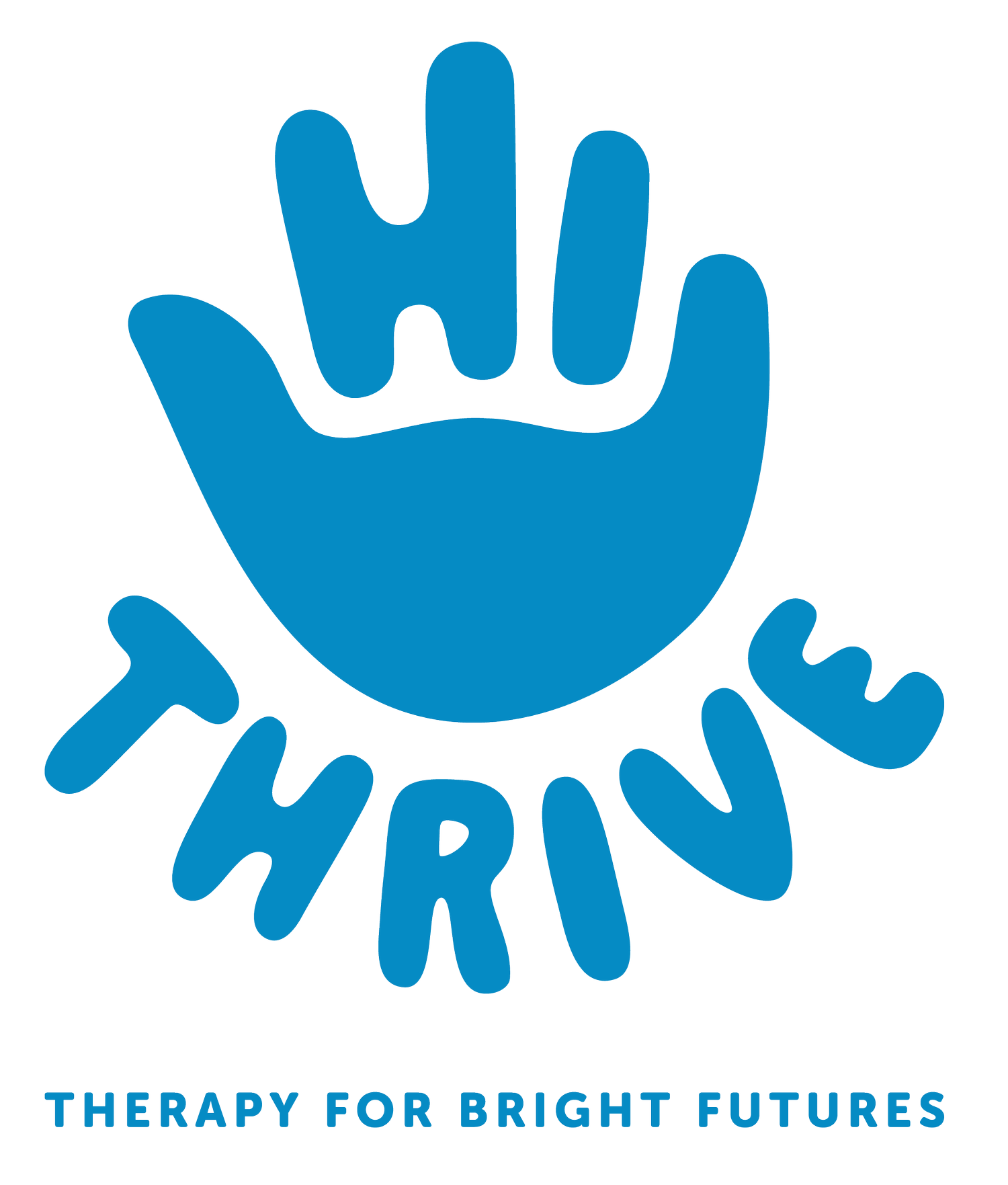5 Questions to Ask When Choosing a School for Your Neurodivergent Child
If you're the parent or carer of a neurodivergent child — whether they're autistic, ADHD, PDA, or simply beautifully wired in their own way — choosing a school can feel like stepping into a job interview you didn’t ask for.
Will this place truly see and support my child — or just try to make them fit in?
It’s a big question. And at Hi Thrive, we see firsthand what happens when schools get it wrong. Kids who seem fine in the classroom but fall apart at home? That’s not success. That’s survival.
So how do you find a school where your child can actually thrive?
Start by asking the right questions.
What Not to Ask
These common questions won’t tell you much about the real culture of the school:
“Do you have a wellbeing program?”
“Is there a school counsellor?”
“Do you support autistic kids?”
“What’s your behaviour policy?”
“Do you have inclusive classrooms?”
They’re too broad — and easy to answer with a rehearsed “Yes.”
What to Ask Instead
These questions go deeper. They give you insight into how the school thinks, reacts, and supports children on a nervous system level.
1. How do you support students who seem fine at school, but fall apart at home?
Masking is real — especially in girls and gender-diverse kids. This question helps you find out if they understand internalised distress.
2. How do teachers respond to students who are compliant, but struggling?
You're looking for a school that recognises quiet suffering — not just obvious meltdowns.
3. Can students take sensory or regulation breaks without asking?
Support shouldn’t require permission slips. This one’s a big green flag.
4. What happens when a student can’t complete a task they could do yesterday?
Fluctuating capacity is normal. Schools need to honour that.
5. How do your teachers model emotional awareness and self-care?
Because kids learn best from adults who show them how it’s done — not just tell them.
What to Listen For
Green Flags
“We prioritise nervous system safety.”
“Kids can access regulation tools anytime.”
“We don’t use behaviour charts.”
“We see families as partners, not problems.”
Red Flags
“We treat all students the same.”
“They just need to build resilience.”
“They can earn a break after finishing work.”
“Everyone’s included — we don’t need labels.”
What Your Child Deserves
A place where they don’t have to earn rest.
Where difference isn’t tolerated — it’s anticipated.
Where being themselves doesn’t cost them safety.
You’re not being overprotective. You’re advocating for your child’s right to learn in safety.
Because no matter how capable they are — kids can’t learn if they don’t feel safe.
